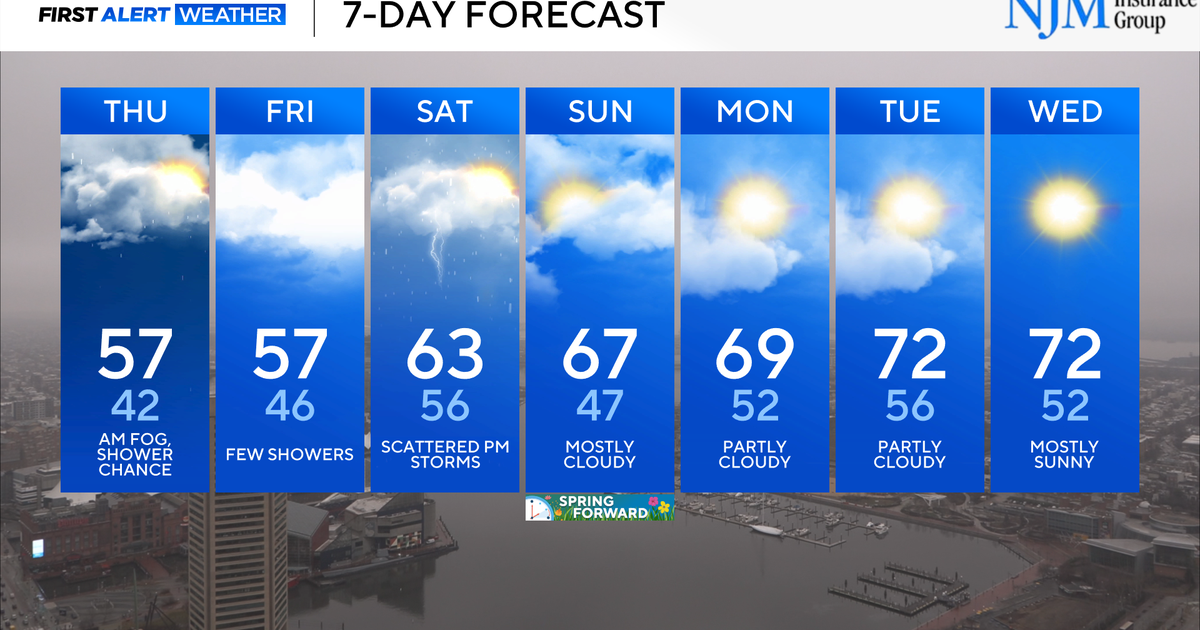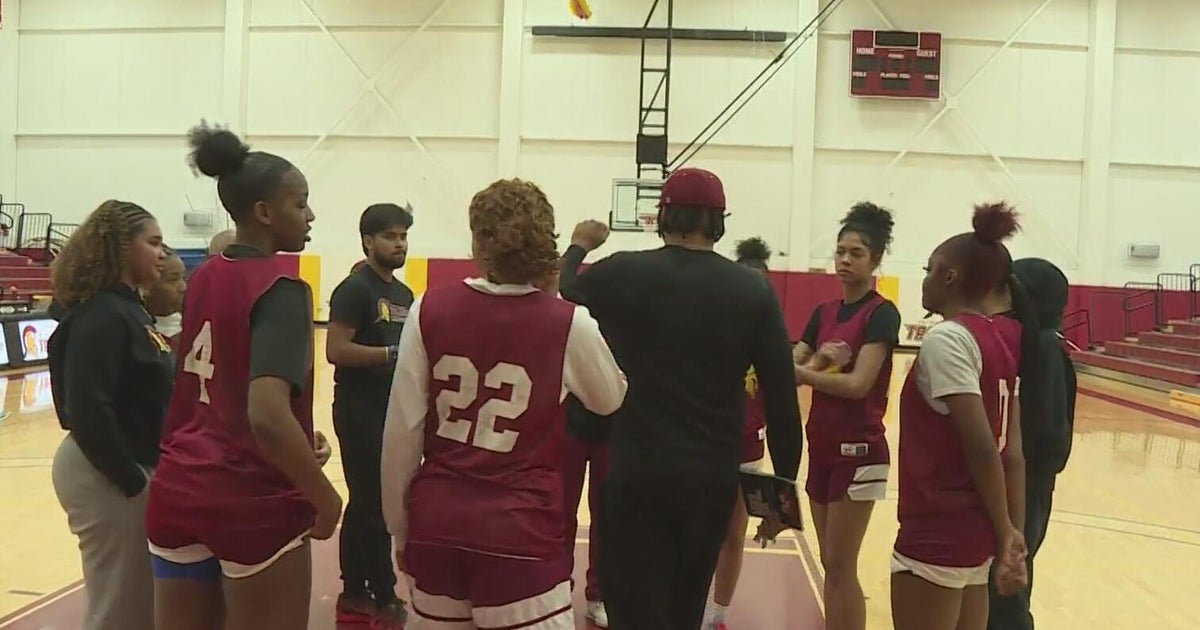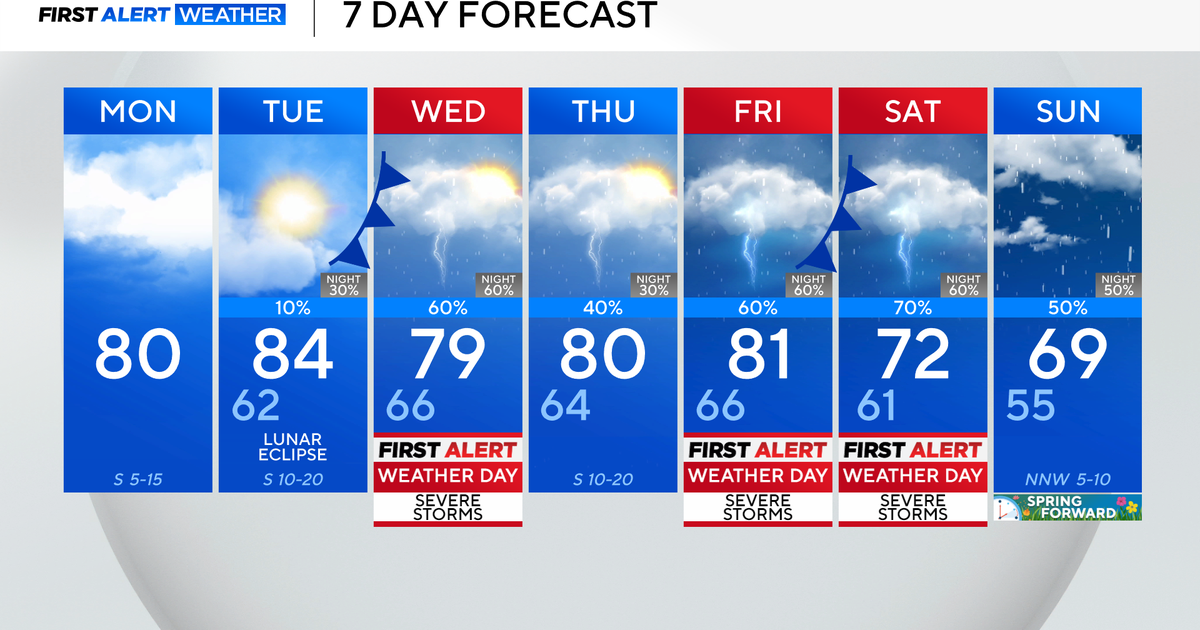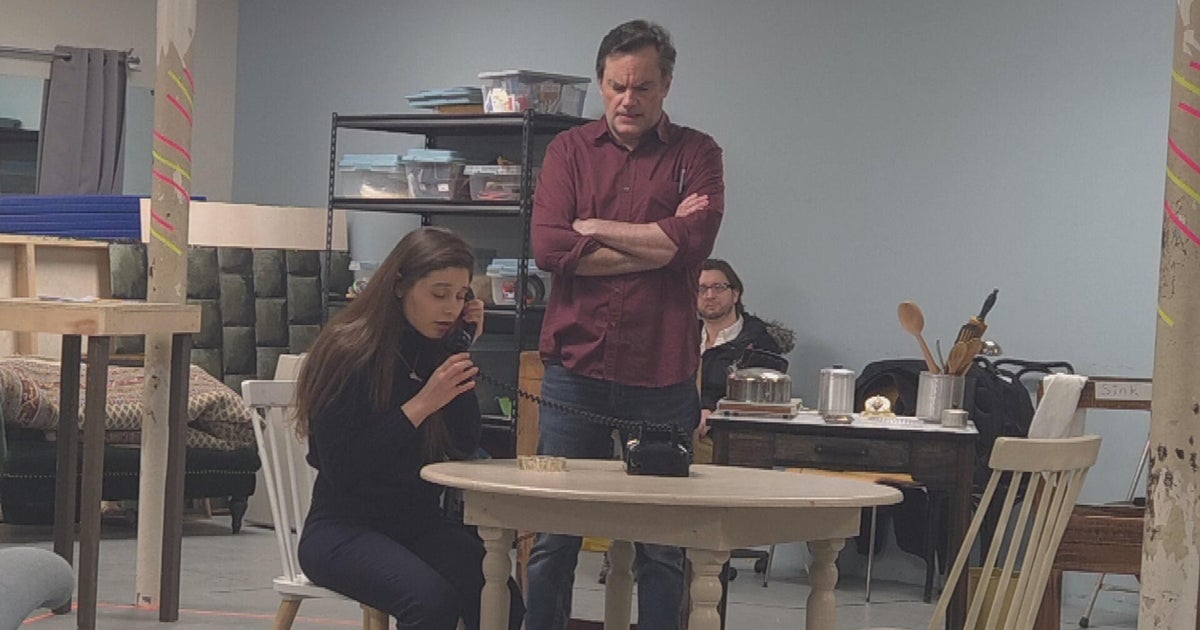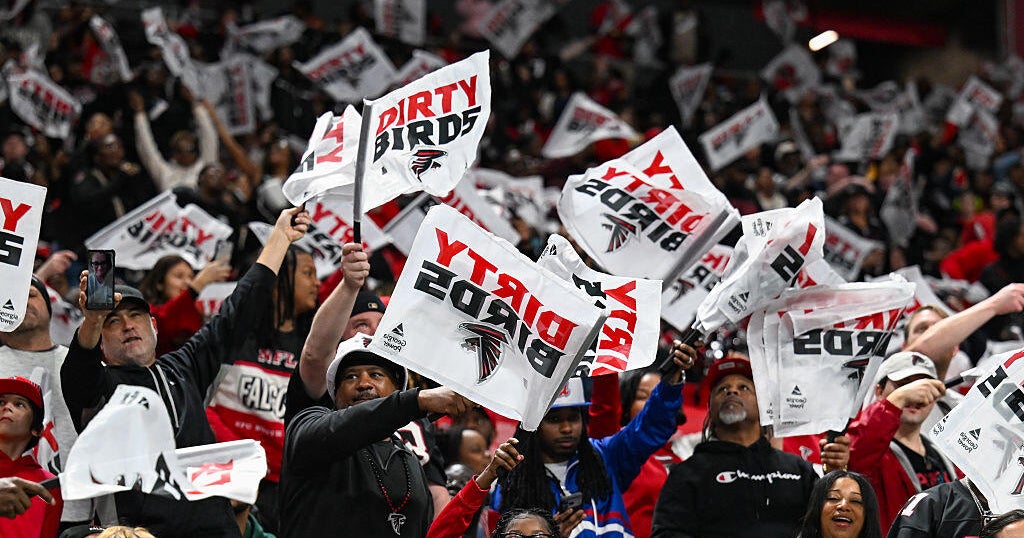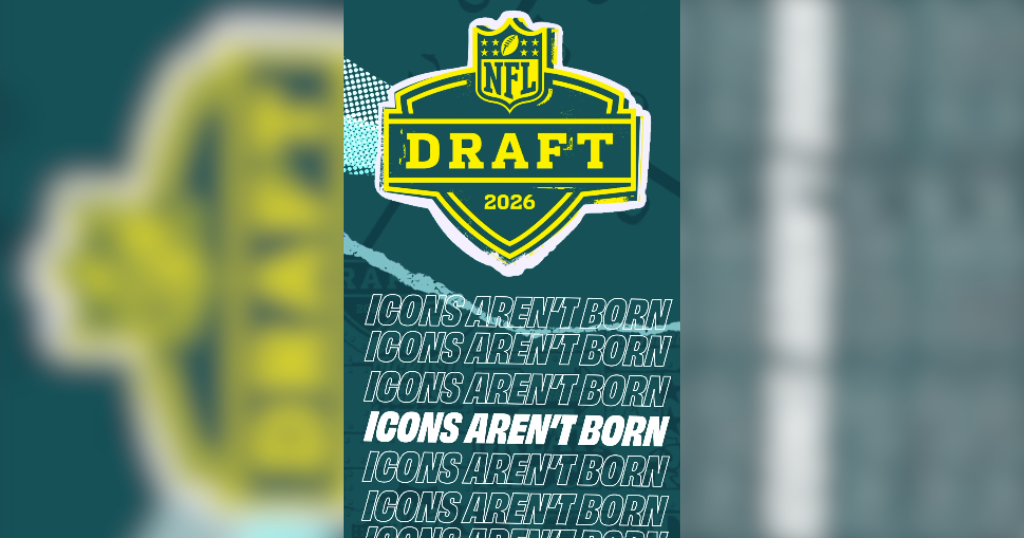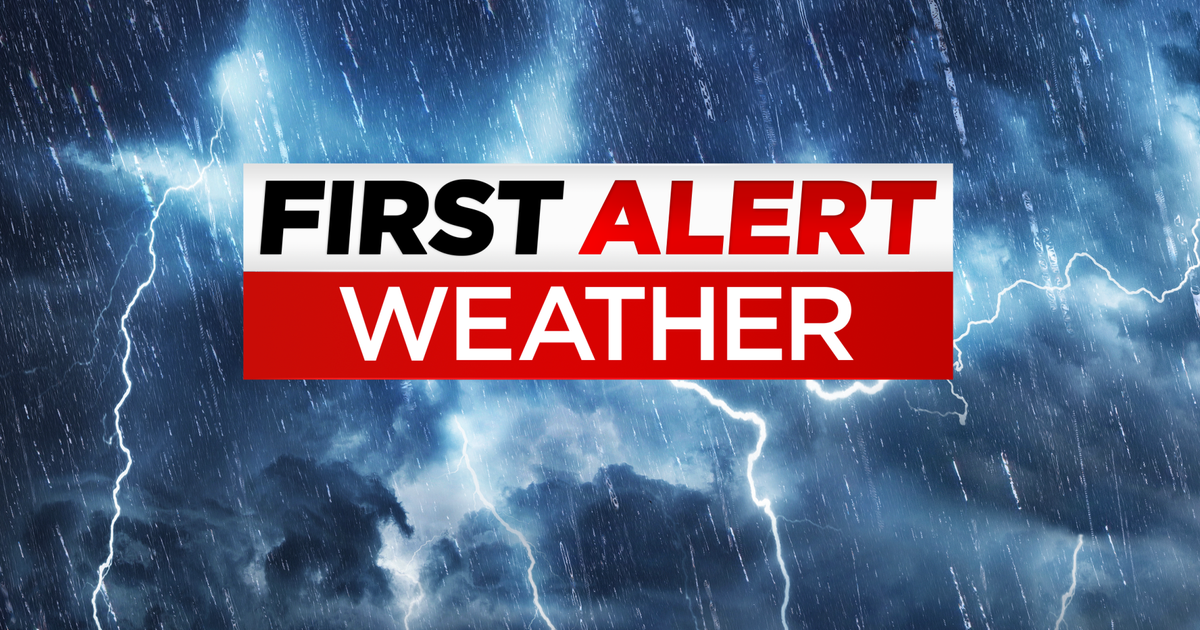NFL Lockout: Reason For Optimism, But Hurdles Remain In CBA Talks
NEW YORK (AP) — Dark clouds no longer dominate the NFL horizon. Rays of sunshine have broken through as owners and players make progress in labor talks.
So what could cause rain to fall, washing away the chance of a deal?
Plenty.
"Much can still go wrong — every negotiating session is unique to itself," says Don Yee, who represents Tom Brady and is an adjunct law professor at Southern California. "Just because one day was good doesn't mean the next day will be, too."
How good those days have been also is relative. Although meetings in Chicago, New York and, most recently in Maryland have been productive, they have not created enough common ground for either side to declare a breakthrough is imminent. The owners have their own meetings in Chicago on Tuesday, with a possibility they will stick around through Wednesday to discuss the many topics being negotiated, from the percentage of total revenues offered the players to a rookie wage scale to parameters for free agency.
There's even a chance a framework for a new collective bargaining agreement could be presented to them.
Yet it all could come crashing down in this fourth month of the lockout.
"More than the business points, two things will impact the final outcome: the ability of the participants to moderate their egos, and the actual drafting of specific language to fit the concepts being discussed," Yee said. "The language of the last CBA gave rise to many grievances, which was fairly predictable as every lawyer tries to inject an edge for their client in the language. This will be a significant area of contention."
Also potentially contentious is the ownership dynamic currently in place. The league wisely has included such hard-liners as Cowboys owner Jerry Jones and Panthers owner Jerry Richardson in all significant negotiations, along with moderates — and dealmakers — John Mara of the Giants and Robert Kraft of the Patriots. But there's a wide split in team values and opportunities for outside income. Small-market owners such as Buffalo's Ralph Wilson, Jacksonville's Wayne Weaver and Cincinnati's Mike Brown won't approve any deal that doesn't protect their interests.
A new CBA will require 24 of the 32 owners voting yes, and while Mara, Kraft, Art Rooney of Pittsburgh, and NFL Commissioner Roger Goodell can be very persuasive, there surely are more than eight owners who feel burned by the 2006 agreement. The owners opted out of that CBA in 2008.
There's also the potential for a power play by one side or the other.
"A deal is far from over and until there is agreement on everything there is agreement on nothing," says Marc Ganis, president of Chicago-based sports business consulting firm Sportscorp Ltd., and a keen observer of the league's business side, "the greatest risk to a deal getting done and playing the entire 2011 season is if one party or the other grossly overplays their hand. It's possible, more from the players' side because there has been more emotion, pride and hyperbole during this process from their side. But the owners could also overplay their hand."
Also worth considering: How can each side come out a winner? That was one of the beauties of the relationship between the late Gene Upshaw when he ran the NFLPA and then-Commissioner Paul Tagliabue. Initially, at least, both the owners and the players had elements they could brag about in the latest CBA.
But what if one side gets greedy?
"Nibbling," attorney and player agent Ralph Cindrich, who has been through every NFL labor dispute, calls it. "Reaching an agreement and then adding one more thing. In my view this is unethical when it occurs. Careful negotiators close it completely and allow nothing in from the point of understanding."
These negotiations have gotten very contentious, particularly leading to the March 12 lockout. Can all that rhetoric be forgotten?
"Pride/competitiveness/hyperbole, this is my great concern," Ganis says. "That a reasonable deal is not accepted because of prior public statements made. What is it DeMaurice Smith and others need to offset comments like 'the worst deal in the history of sports?'"
Also worth wondering about: How much sway do the lawyers have? At one point, they seemingly convinced each side it can win in court. Then both the owners and players got a shot of reality from federal appeals court Judge Kermit Bye, who advised them to work out their differences, saying the court's decision likely will be "something both sides aren't going to like."
Cindrich notes that timing is critical.
"Coming down to a more realistic position earlier than later gets you a better contract," Cindrich says.
It's already later, but hardly too late — unless talks collapse.
"I'm not sure if there's a certain reason why we're at the table and negotiations are real and progressing," says Saints player rep Jon Stinchcomb, "but as a player we're encouraged by that. We want to get back to work. We want a deal that both sides are comfortable with.
"It's going to take some compromise, but we're OK with that. We just need to sit down and hammer it out and get back to work."
How close are we to a deal? Make your prediction in the comments below...
(Copyright 2011 The Associated Press. All Rights Reserved. This material may not be published, broadcast, rewritten or redistributed.)
